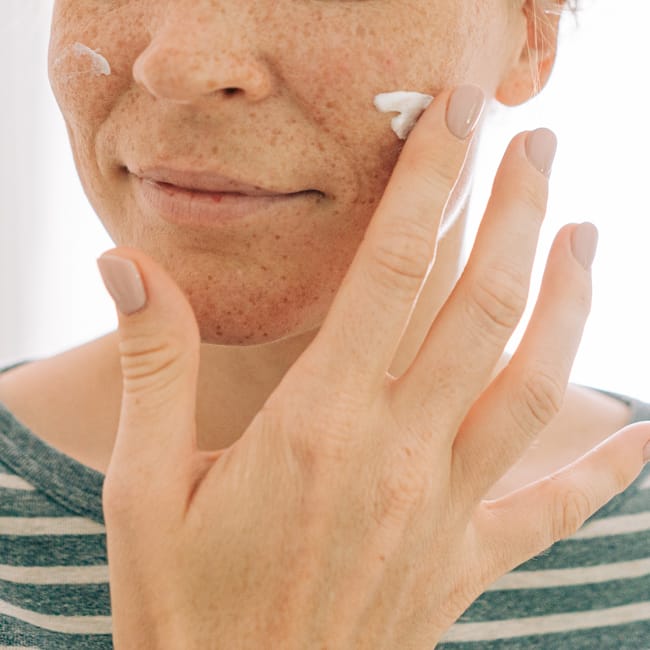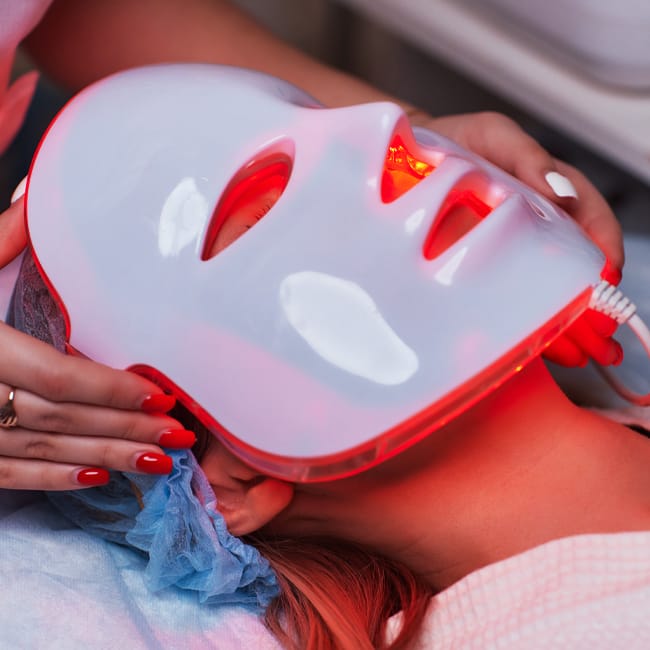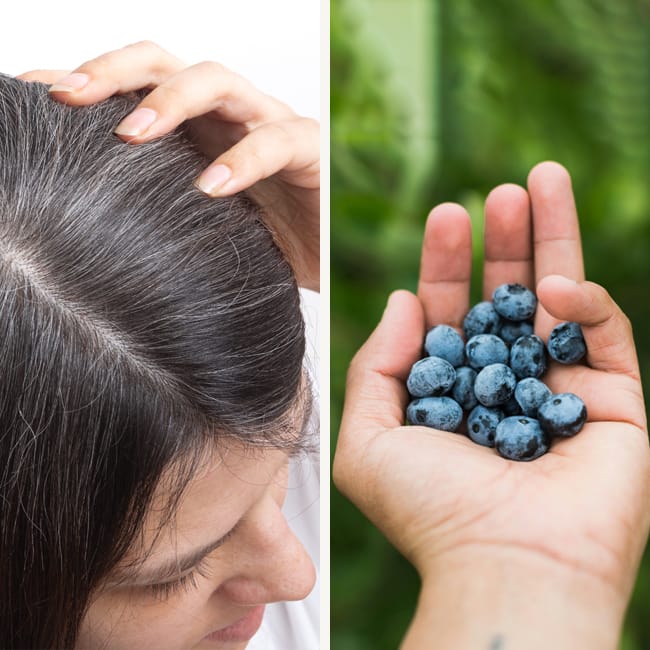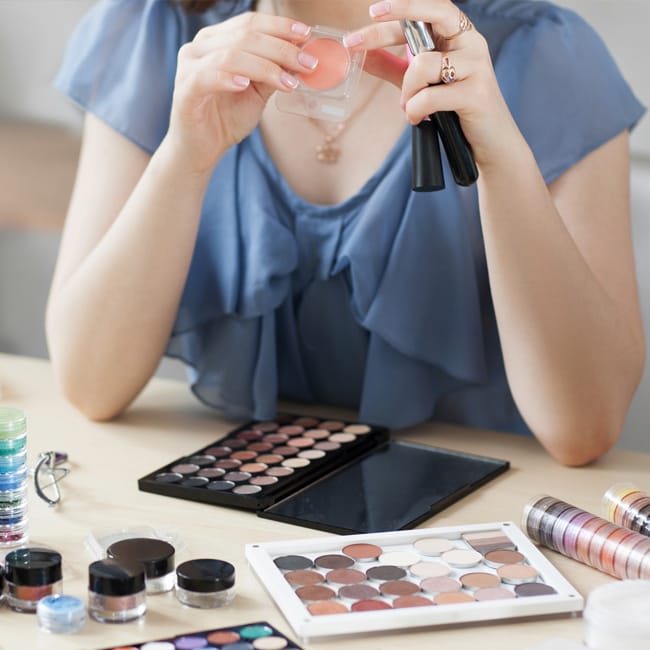No one wants to deal with acne; it can be a serious confidence killer. But pimples aren’t just frustrating when they’re fresh. Even after a breakout has cleared up, you may be left with unsightly scars that follow the healing process as a result of inflammation on your skin. Luckily, there are many products and natural remedies out there that you can use specifically to target the discoloration and scars left by pimples and breakouts. However, there are also a few skincare ingredients you should be sure to steer clear of because they may worsen these marks.
To learn more about the worst products you should avoid at all costs if you’re trying to reduce the appearance of acne scars, we spoke to Dr. Faith Alex, MD. Dr. Alex pointed out 3 ingredients in particular you should keep an eye out for when choosing skincare products: sulfates, dioxane, and synthetic fragrance. Learn why below!


Sulfates
If you want your acne scars and discoloration to improve, the last thing you need is a skincare product that's going to dry out your complexion—unfortunately, Dr. Alex says sulfates are a common ingredient that do just that. "Found in many skin care products, sulfates tend to be drying and can exacerbate acne and discoloration," she notes. To make matters worse, she says sulfates "can also contribute to free radical damage," which can not only worsen dark spots like acne scars, but can also lead to unwanted signs of aging like fine lines and sagging skin. Yikes! You'll want to keep an eye out for sulfates in your facial cleanser and body wash, as this is where they'll typically be found.

Dioxane
When scanning your facial cleanser for unwanted ingredients, Dr. Alex says there's another one you'll want to avoid: Dioxane. She says this compound is typically "used as a stabilizer in many soaps and skin care products" and can unfortunately lead to allergic reactions in many people. However, it isn't just an allergy you need to worry about. "[Dioxane] is also a known carcinogen that can contribute to free radical damage," Dr. Alex points out, which, as we know by now, is terrible for your skin—especially when it comes to dark spots and acne scars.

Synthetic Fragrance
While there's no denying a great scent can really make a skincare product all that more enjoyable to use. However, Dr. Alex says that synthetic fragrances can do some real damage to your skin. "Fragrance is a common ingredient that may be causing your acne breakouts or worsening your acne scars," she warns. This is because most synthetic scents are made up of chemical compounds that "have not been tested for safety or efficacy on skin." And it's safe to say that if an ingredient hasn't been tested for safety, you don't want to put it anywhere near your complexion. Luckily, synthetic fragrances are less common in skincare products; you're more likely to find them in your makeup, but keep an eye out nonetheless. Dr. Alex explains that "they are commonly used in cosmetics because they are inexpensive to produce and provide a strong scent that lingers on the skin," but it's definitely not worth the downsides!
So, what does work when it comes to preventing and healing acne scars? Dr. Alex says that your best bet is to prevent acne as much as possible by regularly cleansing your face and keeping up with a skincare routine specific to acne-prone skin. If you want to fade acne scars naturally, she offers a few remedies, such as lemon, sandalwood powder, turmeric, and cucumber. Noted!


























